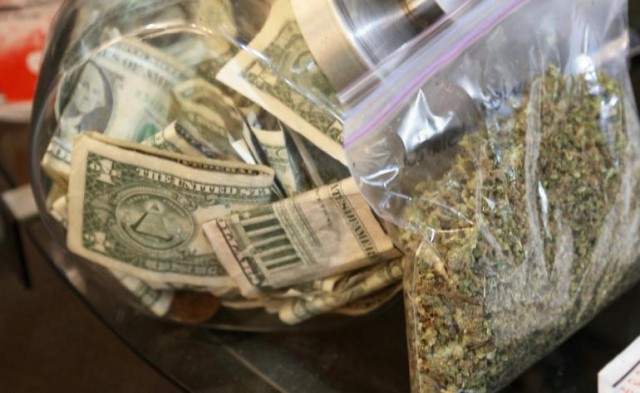 In Colorado, cannabis users are helping to fund construction on public schools, buying new roofs, boilers and security upgrades. How? By smoking weed of course.
In Colorado, cannabis users are helping to fund construction on public schools, buying new roofs, boilers and security upgrades. How? By smoking weed of course.
In 2012 Colorado voters legalized the sale of cannabis, including its heavy taxation. The constitutional amendment promised that $40 million dollars a year would go toward funding school construction in the state. However in the first full year of tax collection the state estimates it will only collect $17 million in special school taxes levied on sales of cannabis.
Even if initial projections of revenue were not met, the taxes collected exceed what the state was making on cannabis before it was legalized, which was nothing. As Colorado Governor John Hickenlooper put it, “The people who were smoking marijuana before legalization still are. Now, they’re paying taxes.” Scott Newell, director of the office of capital construction for the Colorado Department of Education, said he expects that in coming years the industry will collect $40 million annually for school construction.
The money that goes into school construction comes from a 15% tax levied on wholesale cannabis sales from growers to recreational marijuana retailers. Not all of the money generated from cannabis taxes goes to school building however. Most of the taxes generated from cannabis go into the states general fund.
“There’s a lot more sales taxes being generated than excise taxes, and sales taxes don’t go to this program,” Newell said. “There’s been a common misconception on marijuana tax.”
The grand total of money generated from taxes in Colorado in 2014 was about 63 million dollars in the industry with a total net worth of $700 million. A lot of the funds generated are being used on drug-abuse education, research, and substance abuse treatment. “It is money we’re trying to put to good use,” said Colorado’s Sen. Pat Steadman. “We had no tax money to combat these ills when it was being sold illegally.”









